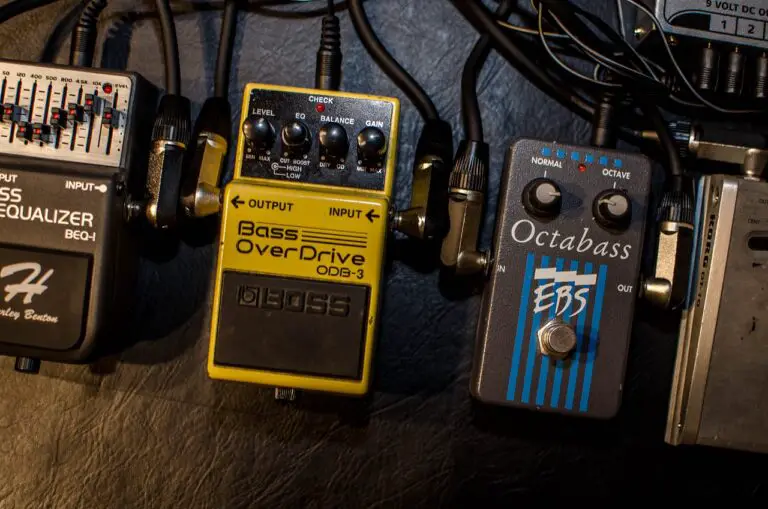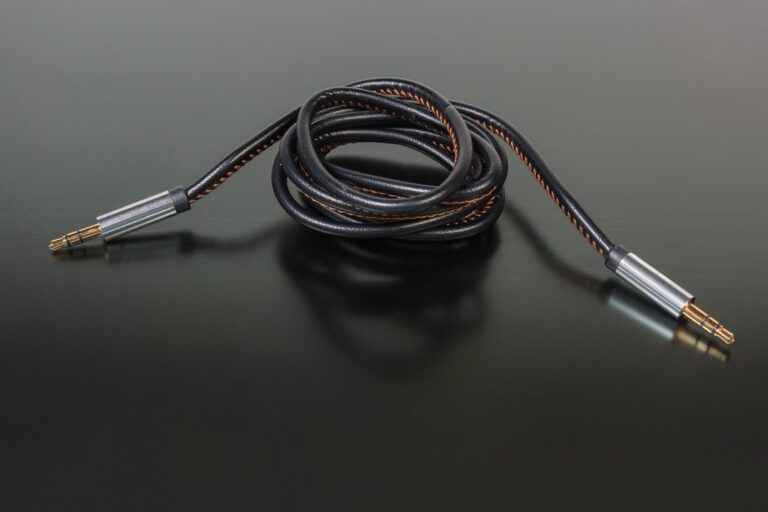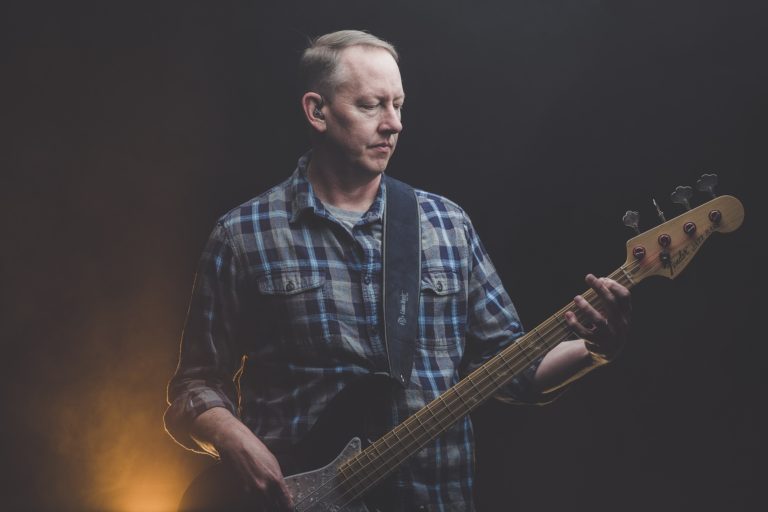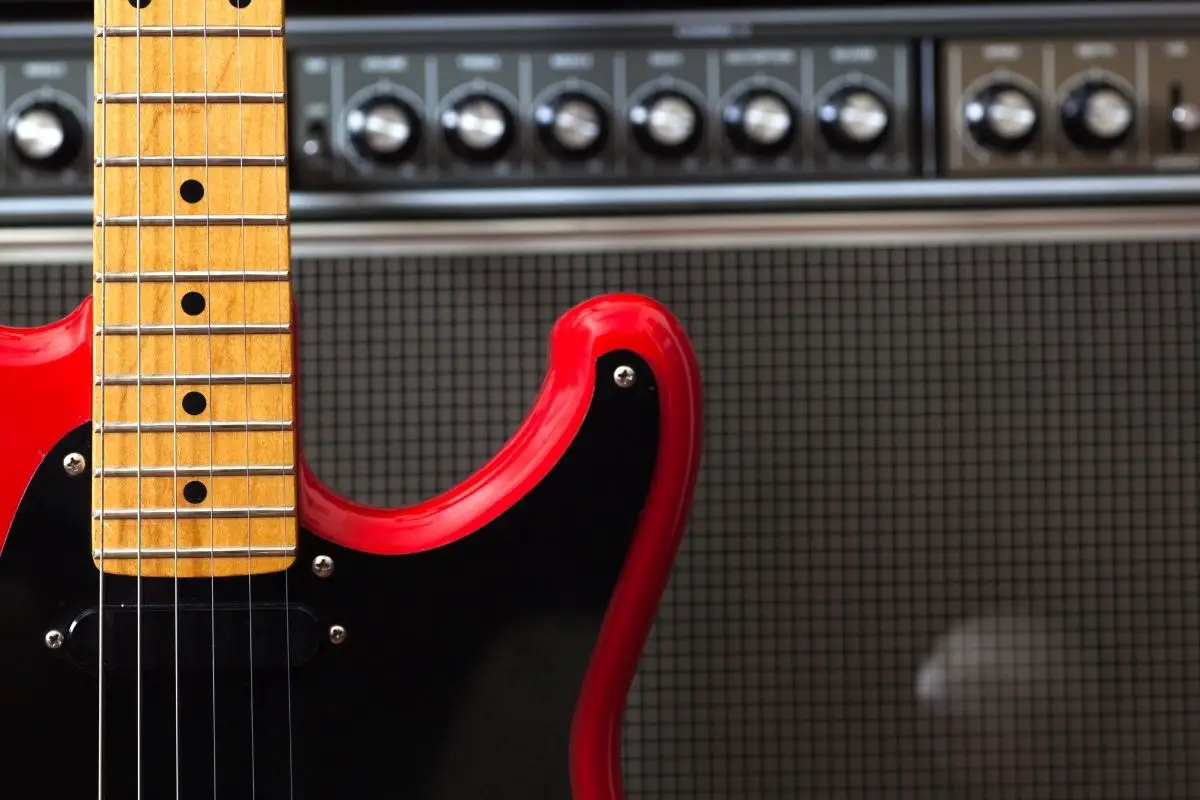How To Get Better At Guitar [10 Tips You Can Use Today]
Figuring out how to play a basic tune, or strum a few chords, doesn’t take long, but it’s difficult to know where to go from there. The best guitar players focus on learning and mastering individual skills.
There are lots of different techniques guitarists use to create various sounds. Knowing which ones you should learn first can quickly become overwhelming.
Perhaps you want to learn a specific song or solo, but find that it is simply too advanced. Sometimes, there are certain sounds that you don’t know how to replicate. In this guide, we will aim to give you some top tips on how to get better at guitar.
1. Focus your guitar playing sessions
Practicing songs and freestyling licks or riffs is all very well and good, but it has limitations. If you are very serious about improving your skills, then create a plan for each practice session.
Often, this will mean choosing a specific technique to practice and focusing on that for at least half of your session. While you can still take the time to freestyle, playing your guitar without purpose won’t build skills.
Having a specific thing to practice will help you improve much faster. If you are having trouble with a solo that contains multiple hammer-ons and pull-offs, then try just practicing that solo for an entire session. Slow it down, break it into sections, and focus on the specific bits you are struggling with.
After you have practiced your chosen technique or piece of music, you are free to have fun and freestyle as much as you want.
Going into each practice session with a specific intent will help you address your weaknesses. Then, you can get much better at your instrument.
To start, it helps to know how to strum a guitar.
2. Practice in an ideal environment
If you can focus on your work, you’ll get more results out of it. When you practice, you want to make it a place where you can focus. That way, you can focus on getting results.
For example, if you practice in your garage (away from everyone else), you can focus on listening to your work. If it’s in your room, setup a dedicated practice corner and tell people to leave you alone.
People will rarely get anything done in a distracting environment. If you’ve got screaming kids and loud television interrupting you, you won’t get much done.
3. Practice in your head
You don’t always need to have a guitar in your hand to practice. Thinking about an action can help with performing it in real life. Imagining an action can help to reinforce the neural pathways associated with doing it.
If you have a spare moment, it is a great idea to visualize yourself playing a lick or riff in your head.
Try to imagine how the lick is supposed to sound and visualize your fingers on the fretboard doing the movements needed to pull it off. If you do this often enough, then you will be slightly better than before. It’s no different from navigating uncomfortable social situations.
4. Try finger exercises & stretches
During the early days, you will find the biggest obstacle you have to overcome is your own fingers. At first, you find that pressing down the strings on your guitar will hurt your fingers until they develop calluses. Practice in small sessions at first, so you can give your fingers regular breaks and build up their strength.
Even after you have developed calluses, bar chords and other techniques may still hurt your fingers if they are too weak.
Finger exercises can help you build strength, especially in your pinky finger. Doing regular finger stretches will also help to reduce strain and make your hands more suitable for guitar.
A good stretch to try is to lay your palm flat, so it is facing the ceiling, grab your fingers with your other hand and pull them backwards towards the floor.
You can do this with one finger at a time, or with all of them to improve your flexibility. Doing these stretches will help with forming more complex chords.
5. Try something new every week and set goals
One of the best ways to get better at guitar is to keep trying new things. If you keep practicing the same stuff, then you could easily get stuck in a rut and not know how you can improve further.
If you can, try to learn a new technique or chord every week and focus on it for that week’s practice sessions.
For example, you could try to get better at slides one week and make sure that you dedicate 15 minutes each practice session towards practicing slides.
You can also pick a song that uses your chosen technique and try to learn how to play it by the end of the week.
Setting goals is an important part of good practice. If you have something to work towards, then you will always know what you need to do to further improve your skills.
Learning new chords will also help you create your own songs. The more chords you know, the more variety you will add to your songs, and the more fluent you will be at guitar.
6. Practice string bending
String bending is when you play the same note, but push the string up down with your fretting hand. Notice how the note changes pitch as you move the string.
This technique is called string bending, and it is an essential part of many songs and solos.
String bending can be very hard to master, especially for beginners. However, it is one of the more important techniques to have under your belt, especially if you want to play lead guitar.
Remember to practice quarter, half and full bends, rather than just sticking to one. The best way to improve at this technique is to play your starting note, then move your finger up the fret to play your target note.
7. Learn cover songs
If you haven’t already, pick one of your favorite songs and start learning how to play it. Apps and websites, such as Songsterr and Ultimate Guitar, are awesome ways to find chord diagrams and tabs for any song you can think of.
Learning how to play a complete song can teach you new chord progressions and give you a better idea of how the different parts of a song fit together.
Doing this also helps you apply all the skills and techniques you have learned in previous practice sessions.
8. Try making a song with two notes
As well as learning other people’s songs, it is useful to practice making your own as well. This is another way to apply the skills you have learned, but this time in a way that allows you to express your own creativity.
However, if you are struggling to create your own licks and riffs, it could be a good idea to apply some limitations. Often, creatively restricting ourselves with a simple rule or parameter can help us overcome a lack of ideas.
Steve Vai used to play the same note in thirty different ways, to familiarize himself with all the outstanding versatility the guitar offers.
Trying to make a simple song out of two or three notes is a great way to try all the different techniques you have learned and apply them to creating simple licks. Doing this will help a lot with unlocking your natural creativity and getting better at improvisation.
9. Take care of yourself
A frazzled mind cannot focus on their work. If you’ve ever tried to get anything done after a night of no sleep, you know how this works.
Any guitar player will tell you how much better a show goes if they feel good. This means that if you want to practice well, you need to take care of your physical and mental health.
Be sure to get a full night of sleep, eat a healthy diet, and take some personal time when you can. Much like a guitar string, if you ignore yourself, you will snap.
So whether your physical and mental health process involves green tea, beer, or ping pong, take care of yourself. Your mood will directly impact how good you are at playing anything.
10. Take guitar lessons
Not everyone learns the same way, but learning anything by yourself is challenging. There are many self-taught professionals that can (sometimes) outplay classically trained guitarists. However, regardless of what you learn, getting some guidance isn’t a bad thing.
A guitar teacher will teach you the basics of what it means to play the guitar. It also solves the problem of establishing a consistent practice time. After all, you don’t want to miss a guitar lesson, because you are also paying for nothing.
Teachers will also take you through various guitar exercises with proven success. But before you begin, ask the teacher about their process. If you have a bit of guitar experience already, don’t start from the beginning. Any teacher should work with you at your current level.
Conclusion
Hopefully, all the above techniques will help you improve your guitar skills. The most important thing you can do to get better at anything is to practice regularly. You’ve got plenty of time to learn, so don’t feel rushed.
Even just picking up your instrument for 30 minutes a day can make a big difference, so it is important to keep your momentum up. Trying all the above tips or even just a few of them will help to make your practice session much more efficient.








